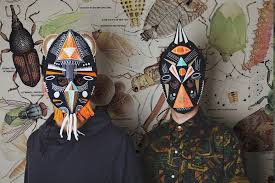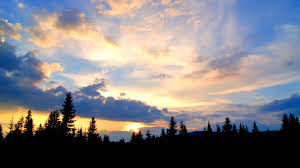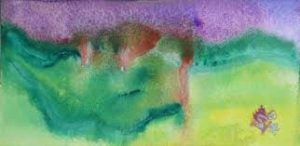It would help all if we remind ourselves that our creative mind is at work whether or not we are aware of it, and regardless of what we are doing, and that such periods of dead time have the potential, at least, of accelerating creativity, if we allow our intellect to go into a kind of free drive at such times.
Each person has such a daily hypothesis — one that might be quite different for say, Friday than it is for Monday. We build our daily experience partially by such working hypotheses.
Many of the beliefs that we have individually and jointly are somewhat relieved in the evening, in that they so often apply to the day’s activities, when the rest of the world seems to be engaged in the nine-to-five assembly-line world experience.
We do not project as many negative ideas upon the evening hours, and to same applies to most people to varying degrees. We are jointly free of limitations that might hamper us at other times of the day. We are less visited by preconceptions of what we are supposed to do in any given hour of the day.
The natural, magical flows of our own rhythms are more often broken up in the daytime. This applies to many people as well, because of our ideas of what we should be doing at any given time, or what is socially respectable, proper, upright, even moral in limited terms.
We have settled upon a system that seems to be naturally based, the exclusive results of our historic past, one in which our main activities are daytime ones. It seems only natural that early man and woman, for example, carried on all of his and her main activities in the day, hiding after dark. As a matter of fact, however, early man and woman were a natural night dweller, and early developed the uses of fire for illumination, carrying on many activities after dark, when many natural predators slept. He and she also hunted very well in the dark, cleverly using all of his and her senses with high accuracy — the result of learning processes that are now quite lost.
In any case, man and woman were not by any means exclusively a daytime creature, and fires within caves extended activities far into the night. It was agriculture that turned him and her more into a daytime rhythm, and for some time many beliefs lingered that resulted from earlier nighttime agricultural practices.
Many people’s natural rhythms, then, still do incline in those directions, and they are always kept operable as alternate rhythms for the species as a whole.
I have some inclinations in that direction, as do many creative people, but these rhythms are often nearly completely overlaid by culturally-learned ones. Cultures that were night-oriented appreciated the night in a different fashion, of course, and actually utilized their consciousnesses in ways that are almost nearly forgotten. I believe there are ancient fairy tales and myths still surviving that speak of these underworlds, or worlds of darkness — but they do not mean worlds of death, as is usually interpreted.
In a fashion, the intellect goes hand-in-hand with the imagination under such conditions. It is not that man and woman stressed physical data less, but he and she put it together differently — that in the darkness he and she relied upon his and her inner and outer senses in a more unified fashion. The night portions of our personalities have become strangers to us — for as we identify with what we think of a our rational intellect, then we identify it further with the daytime hours, with the objective world that becomes visible in the morning, with the clear-cut physical objects that are then before our view.
In those times, however, man and woman identified more with his and her intuitive selves, and with his and her imagination, and these to some extent more than now, directed the uses to which he and she put his or her intellect.
This meant, of course, a language that was in its way more precise than our own, for concepts were routinely expressed that described the vast complexity of subjective as well as objective events. There were myriad relationships, for example, impossible now to describe, between a person and his of her dream selves, and between the dream selves of all the members of the tribe. Particularly in warmer climates, man and woman were naturally nocturnal, and did a good deal of his and her sleeping and dreaming in the daytime.
We must remember, of course, that the use of clocks is a fairly recent phenomenon. Men and women thought in terms of rhythms of the time, of flowing time, not of time in sections that were arbitrary. So as far as creature-hood is concerned, we have adapted to a time environment that we ourselves have formed. Creative people, again, are often aware of those connections, at least at certain levels, and I have in particular always felt this way to some extent. We have largely buried our own natural feelings in that direction.
These rhythms are also more natural to us than we suspect. We often have freedoms, then, that we do not use — a 24-hour period that we use quite arbitrarily, one that is already sectioned for us by society — but only if we allow it to be. It can be used in any fashion that we wish.













